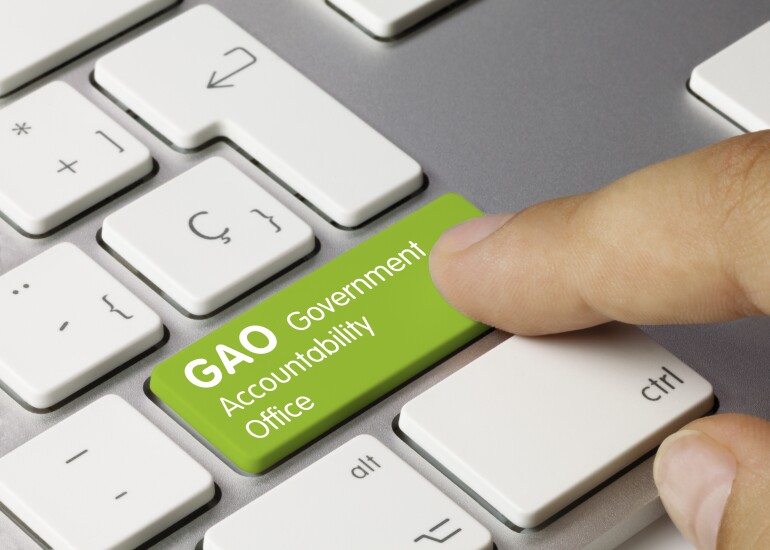Collateralized loan obligations have taken criticism for bringing the U.S. financial system to the “
Most commonly, these corporate-loan portfolios have been compared (despite robust objections from the structured-finance industry) to the notorious collateralized debt obligations fed by the untamed subprime mortgage industry that fomented the “Great Recession” financial collapse of 2008 amid rampant borrower defaults.
But this month, the
“Present-day CLO securities appear to pose less of a risk to financial stability than did similar securities during the 2007–2009 financial crisis, according to regulators and market participants,” the GAO concluded in an 85-page report. “For example, CLO securities have better investor protections, are more insulated from market swings, and are not widely tied to other risky, complex instruments.”

The GAO also reinforced the widespread industry mantra that CLO capital structures are particularly hardy when it comes to protecting investors in senior-rated tranches (the “AAAs”). That follows an
While new issuance of CLOs sputtered in March and April, volume recovered as the broader economy improved during the summer on the heels of $2.3 trillion in government stimulus and emergency lending facilities to businesses and capital markets. So did pricing, from an issuer standpoint, as the payouts to investors that spiked early during the outbreak retreated to pre-pandemic levels in the fourth quarter.
Glen Fest








